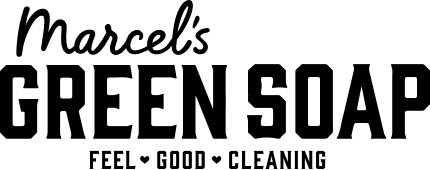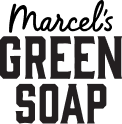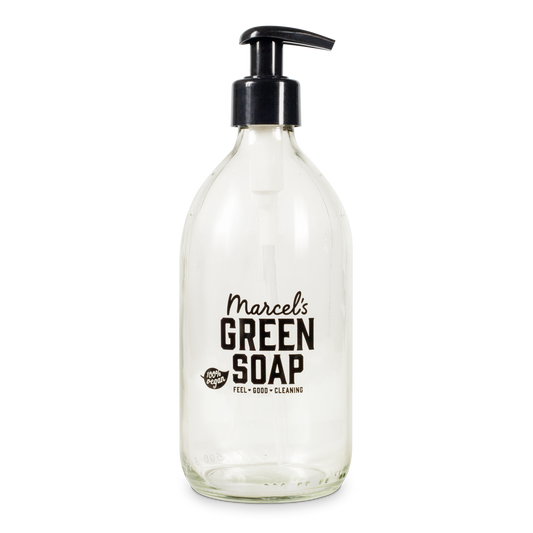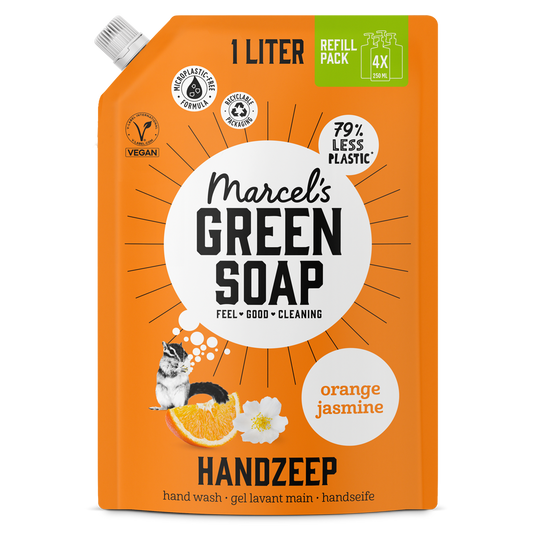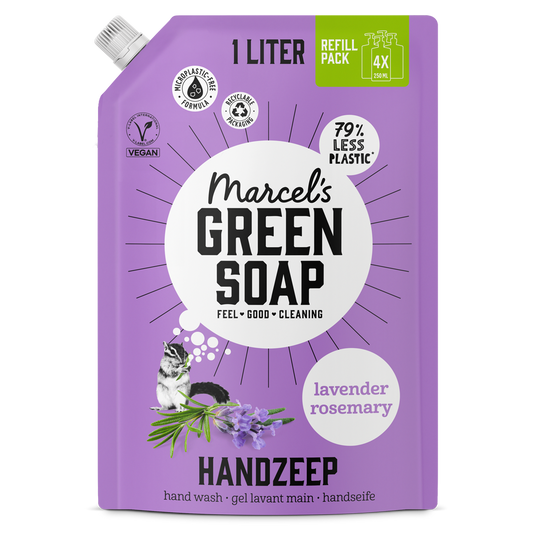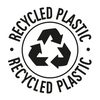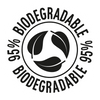We understand that you sometimes get a little discouraged by all the bad news about plastic and the climate. You may wonder if it makes sense at all to keep going to the store with your own shopping bag. And it certainly does! That is why we are sharing some positive messages for a change, to show what we can achieve together.
Introduction of deposit on plastic bottles seems to be working
During the last autumn measurement of Clean Rivers, a large-scale river waste study that takes place every year, there was also good news to report for a change. In the autumn of 2021, an average of fewer small plastic bottles were found on the riverbanks, namely an average of 2 bottles per 100 metres of bank, while in 2020 it was still an average of 3 bottles per 100 metres. This decrease is probably related to the introduction of a deposit on plastic bottles on 1 July 2021.
Ban on disposable plastic cups and food packaging from 2024
Offices, catering establishments and festivals still use an awful lot of disposable plastic. But that will finally change from 2024. We will also have to pay for the coffee cups that you get on the go. For consumption on the go and takeaway, from July 2023 an amount will have to be paid for plastic disposable cups and meal packaging, on top of the price of the coffee or meal. And that's a good thing, because did you know that in the Netherlands we throw away 19 million plastic cups and food packaging every day after a single use? One day! It is urgent that we deal with this more consciously and bring our own coffee cup, water bottle or lunch box more often.
More and more options for packaging-free shopping
Packaging-free grocery shopping seems to be the new normal. Where packaging-free grocery shopping was once a rarity, packaging-free alternatives are now popping up like mushrooms. Think of startup Pieter Pot, the packaging-free online supermarket that delivers groceries in glass jars. And even supermarket chain Albert Heijn is now introducing packaging-free grocery shopping. The new, packaging-free range consists of 70 products, from breakfast cereals and sandwich toppings to dinner ingredients such as pasta and rice. Albert Heijn aims to use 20 million kilos less packaging material by 2025, and this solution is part of that.
The first steps have been taken, but we can do even better
These great initiatives and new rules to combat disposable plastic are of course a great step, but we can do even better. Nature organisations such as Greenpeace and Natuur & Milieu believe that more is needed to make the transition from disposable to reusable. Natuur & Milieu would like to see a general ban on disposable products for which there is a good reusable alternative. For example, think of companies where you can pick up food, where you will pay extra for the packaging from July 2023. If these companies decide to keep the extra price for the packaging low, people will not quickly switch to a reusable alternative, such as bringing your own container. The government is not going for a complete ban for the time being. But, what is not yet can still come! Behavioural change takes time. Who knows, we may already be a lot further in 2024.
Do you also want to take steps and use less plastic at home? Read our blog about reducing plastic in every room in the house.
